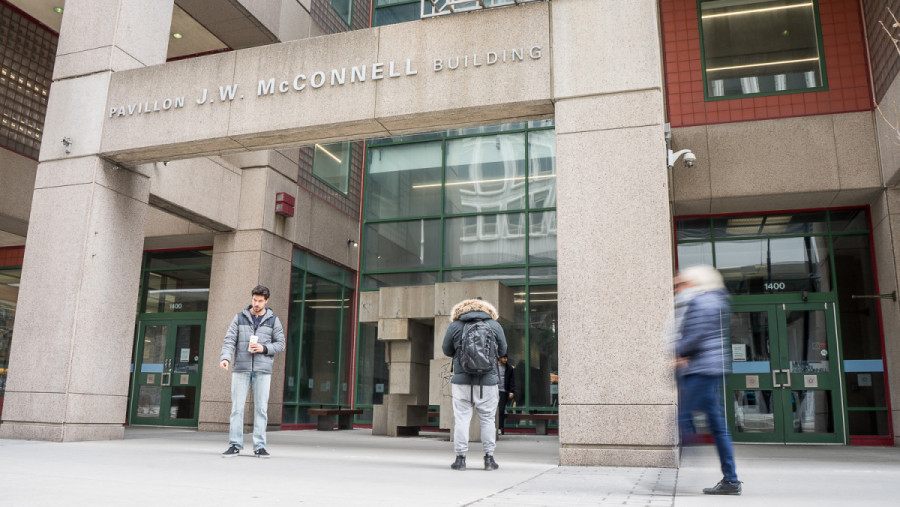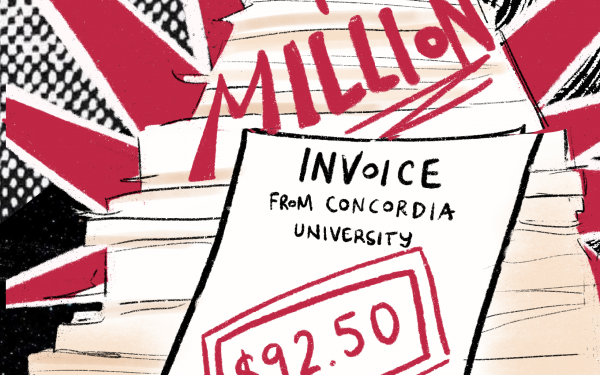Senate approves fall reading week
Students can look forward to a well-deserved break—if they stick around long enough
Fall reading week, two years in the making, is coming to Concordia—in 2023.
The motion was approved Friday by Concordia University’s Senate, shortening the fall semester from 13 weeks of classes to 12. The annual break will take place the same week as the Thanksgiving holiday.
“It just goes to show that hard work does pay off and that students can have an impact if they try,” said General Coordinator Isaiah Joyner of the Concordia Student Union.
Fall reading week went to a non-binding referendum in November 2019, with students overwhelmingly endorsing it. The referendum did not ask students to determine whether it should be accomplished by shortening the semester or starting the term earlier, which would have seen classes begin in August.
A reading week in fall has been discussed since at least March 2019, when the idea was presented to Senate by Safa Sheikh and Sarah Mazhero, now the CSU’s academic and advocacy coordinator. Mazhero originally pitched the idea as a way to address the wilting mental health of students.
The initial proposal was met with several objections from senators but has since been pursued by consecutive CSU executive teams.
"As we can see with the pandemic, it's important for students to be able to have a mental health break in the fall to regroup," said Mazhero, who is pleased to see the measure finally pass.
Many other Canadian universities already have a fall reading week. "It's about time Concordia had one," said Mazhero, "especially considering that we want to call ourselves a next-generation university."
Managing the fall semester successfully can make or break a new student’s university career, said Joyner, highlighting the importance of a reprieve.
Concordia received the referendum's message loud and clear. According to a report produced by the 2019-2020 CSU executive team, the administration was aiming to introduce a fall reading week in 2021.
The extended time frame is a likely disappointment for overburdened students, but it may help ensure a smooth implementation. “Realistically a fall reading week isn’t rocket science, but there are certain complications around it,” said Joyner.
Starting classes before Labour Day would have caused problems for many students, including increased costs and housing challenges, while the 12-week term that was approved poses potential accreditation issues for faculties such as engineering.
According to Joyner, however, stakeholders are feeling confident that nobody will be left out of the reading week, with multiple faculty deans speaking in favour of the motion.







